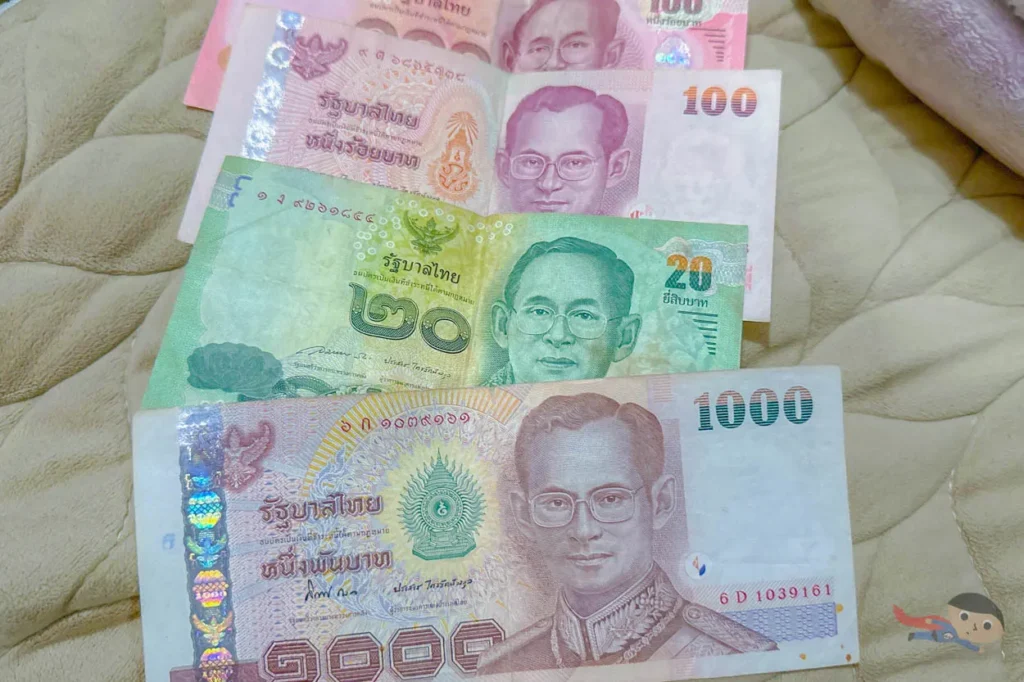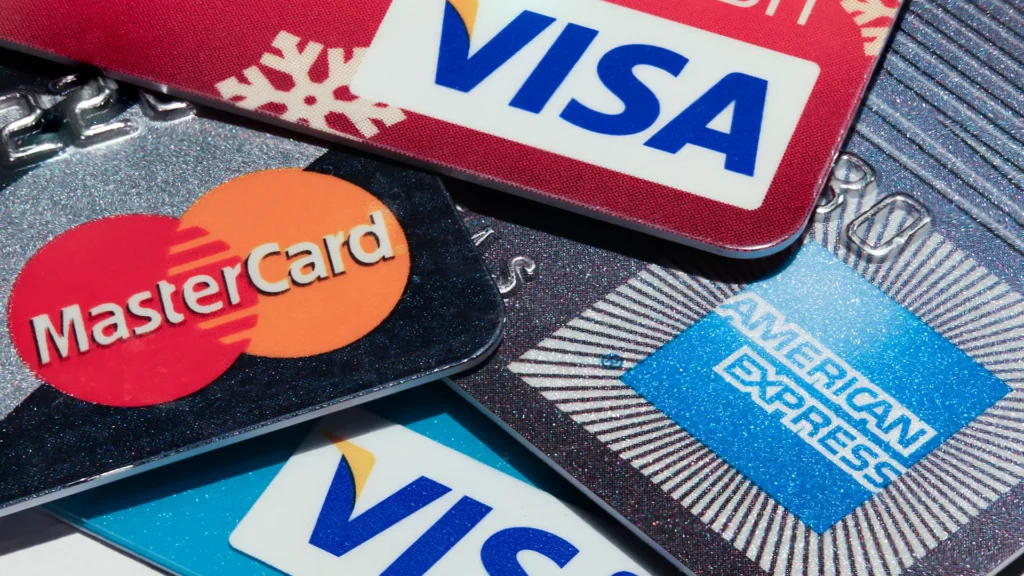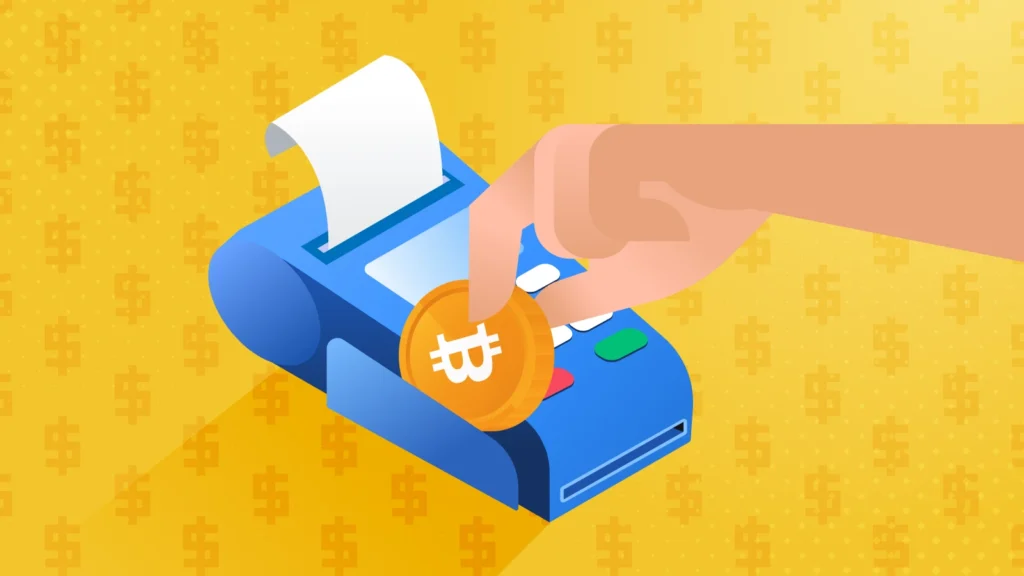Crypto vs. Cash: How Thai Businesses Are Handling Payments in 2025
Cash used to be king in Thailand. Then came the QR-code boom, e-wallets, and now—crypto payments. In 2025, the question many Thai businesses are asking isn’t whether to accept Crypto Payments in Thailand… it’s whether it’s worth it compared to traditional methods. So let’s break it down: crypto vs. cash vs. card—who’s really winning?

Traditional Payments: Still Holding Strong
For decades, Thailand has been a cash-heavy society. Even now, many small vendors prefer cold, hard baht. It’s quick, tangible, and doesn’t involve tech headaches.
Cards? Sure, they’re widespread in malls and tourist zones. But swipe fees, machine maintenance, and processing delays mean many smaller places still shy away. Some cafés and hostels even offer discounts for cash payments—just to avoid card fees.

That said, mobile payments like PromptPay have filled a nice middle ground. They’re fast, free (mostly), and don’t rely on foreign networks. For locals, it’s often the default.
So why would a Thai business want to add crypto into the mix?
Crypto Payments Thailand: The New Contender
Let’s be clear: crypto payments in Thailand are still niche. But they’re growing—and not just in tech circles.
In 2025, more businesses—especially in Chiang Mai, Phuket, and Bangkok’s Sukhumvit area—have started experimenting with crypto. We’re talking stablecoins like USDT and USDC, plus classics like BTC and ETH. Why?

A few reasons keep coming up:
- No chargebacks — once it’s sent, it’s done
- Lower international transfer costs
- Appeals to digital nomads and crypto-holding tourists
- It’s… trendy (yep, that matters too)
Compare that to card payments, where a business might wait days for settlement and lose 2–3% in fees. Crypto, for the right audience, offers a cleaner deal.
One boutique hotel owner in Phuket put it this way: “Crypto’s not my main payment channel—but it’s a smart option for the right guest. Why not offer it?”
Crypto vs. Card: Where It Gets Interesting
Let’s stack them side by side:
| Feature | Crypto Payments | Card Payments |
|---|---|---|
| Fees | Low or none (peer-to-peer) | 2–3% on average |
| Speed | Instant to minutes | 1–3 business days |
| Risk of Reversal | None | High (chargebacks) |
| Tourist Appeal | Growing (niche crowd) | Mainstream |
| Setup Needed | Wallet or POS app | Bank, terminal provider |
| Volatility Risk | Moderate unless using stablecoins | None |
Does that mean crypto wins? Not exactly.
While the benefits are clear for international, tech-forward clientele, most domestic customers are still reaching for their phones—or their wallets. Crypto adoption is mostly visible where tourists and expats dominate.

Crypto Payments Thailand: Real-World Business Experiences
Some businesses test the waters with crypto and ditch it after a month of zero activity. Others report surprising success.
A coworking space in Chiang Mai said they see 10–15% of payments in crypto during high season—especially from long-stay foreigners. A bar near Kata Beach in Phuket told us they get about two crypto payments per week, mostly in USDT, and the spend per customer tends to be higher.
Still, most say it’s “a side option”—not the main event.

Credit from : Binance Academy
Is It Even Legal in Thailand?
Here’s where it gets a bit fuzzy. Thai law allows crypto payments as long as they’re properly accounted for and prices are listed in Thai baht. The SEC has imposed strict licensing rules for exchanges and crypto custodians, but wallet-to-wallet payments between customers and businesses? Still allowed.
That said, Thai regulators are watching closely. Businesses are advised to keep records, declare earnings properly, and understand basic crypto risks. This isn’t a regulatory free-for-all—but it’s not shut down either.
Final Thoughts: Which Will Win Out?
So, crypto payments in Thailand… are they overtaking cash or card? Not yet. Maybe not even soon. But they’re carving out a lane—especially for niche markets, global customers, and innovative brands.
Cash remains dominant for locals, cards are stable for general business, and mobile wallets have bridged the gap. Crypto? It’s still the underdog—but gaining ground.
For Thai business owners, it’s not about replacing old systems. It’s about giving customers one more way to pay, one that might just become a bigger player as regulations stabilize and digital money goes mainstream.
So whether you’re a business owner or a crypto-toting traveler—2025 is shaping up to be a year of options. And that’s not a bad place to be.




